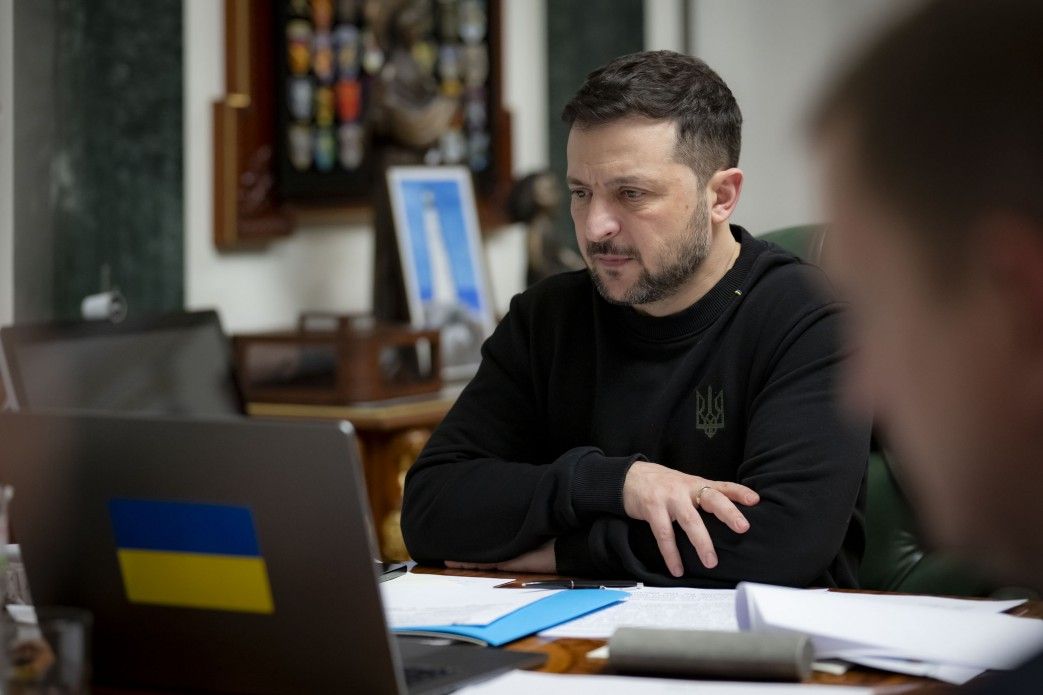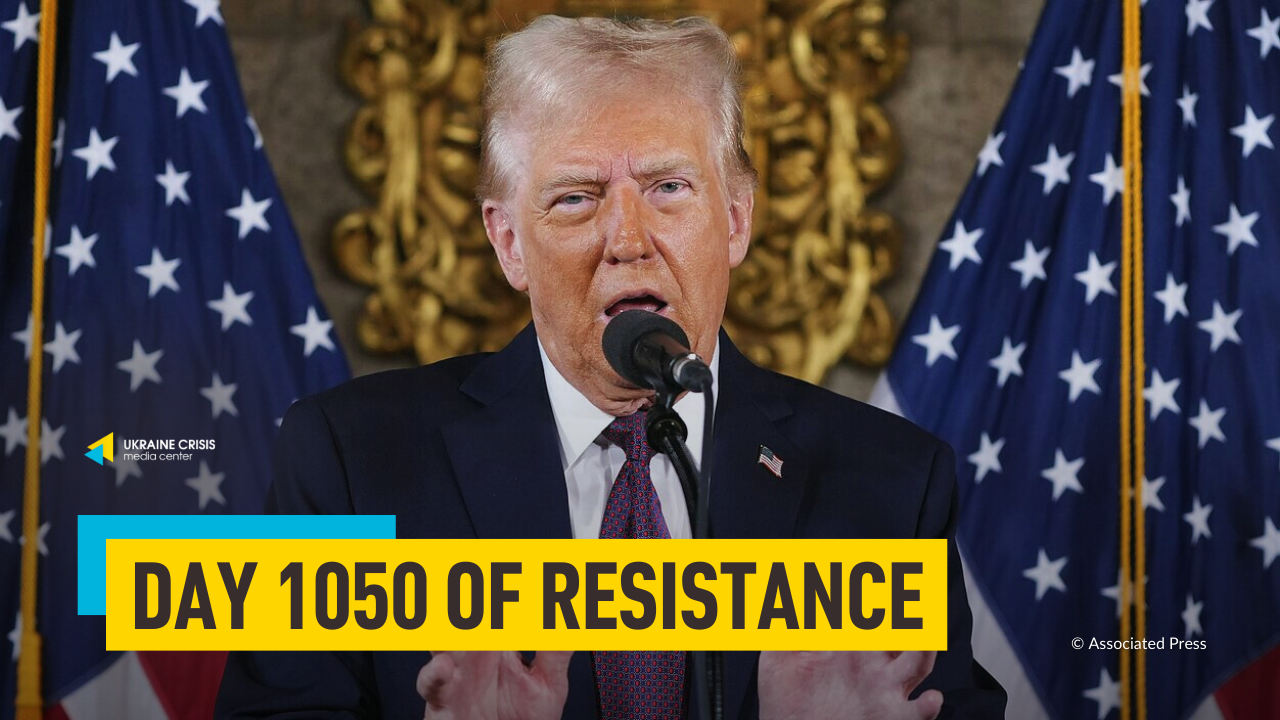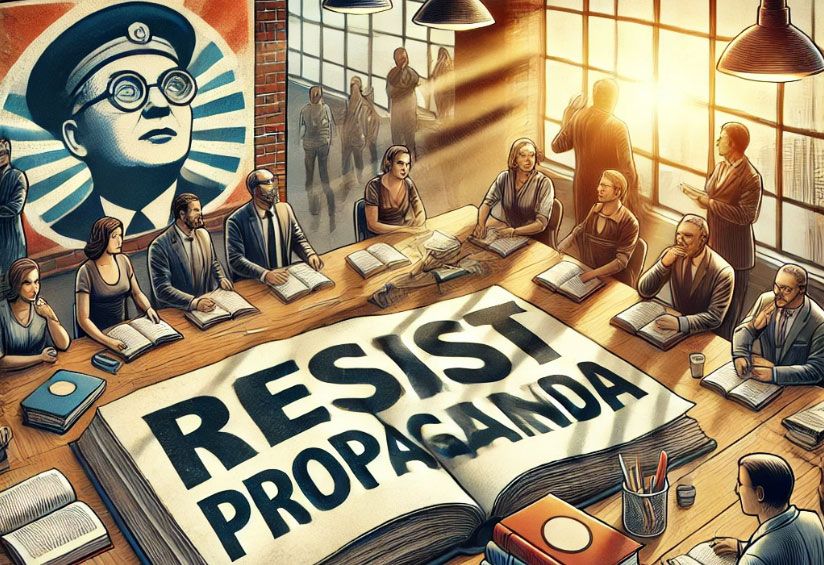Emma’s Future: Thriving in a Militant Democracy
Emma’s life begins in a society where democracy is fiercely protected, fostering a sense of trust and engagement among its citizens. Her parents participate in free and fair elections, confident that their votes matter and their voices are heard.
Hate speech and disinformation are curbed through balanced regulations that safeguard freedom while preventing harm. Institutions work diligently to ensure justice and equity for all, supported by universal benefits funded through fair taxation, ensuring that every family has access to healthcare, education, and economic security.
From an early age, Emma benefits from universal healthcare and high-quality public education. Her school equips her with the skills to navigate a rapidly changing world.
Classes emphasize critical thinking and civic engagement, teaching her how to discern facts from disinformation. AI tools in her classroom personalize learning without infringing on her privacy, thanks to strict regulations that prioritize public welfare over corporate profit.
When Emma turns 18, she finds a robust job market supported by fair taxation policies. Automation has created opportunities rather than eliminating them, as corporations are required to reinvest in communities and provide retraining programs.
These policies are enforced through robust government oversight, including mandatory audits and incentives for compliance, ensuring that corporations remain accountable to the public good. Universal benefits, including a basic income funded by automation profits, provide her with a safety net, giving her the freedom to pursue her dreams without constant financial stress.
Emma’s dreams of becoming an engineer are within reach because tuition is affordable, funded by policies that ensure the wealth generated by technological progress benefits everyone.
Emma’s society isn’t perfect. Threats to democracy persist, but vigilant institutions and an engaged public work tirelessly to protect it. She feels a sense of agency and hope, knowing that her voice—and her vote—matter.
Her future is one of opportunity, security, and dignity.
Lucas’s Future: Struggling in an Oligarchic Dystopia
Lucas’s world operates under the shadow of concentrated power. Democracy has been hollowed out, leaving only the facade of elections controlled by elites.
Candidates appear on ballots, but their campaigns are funded by oligarchs, ensuring policies always favor the wealthy. Voter turnout declines as citizens realize their choices make little difference, eroding any illusion of representation.
Disinformation dominates public discourse, and dissent is met with surveillance or repression. The rule of law bends to serve the interests of the powerful, while ordinary citizens are left to fend for themselves.
Lucas’s parents work long hours in unstable jobs, unable to afford quality healthcare or education for their family. His school is underfunded and overcrowded, with outdated materials and little focus on critical thinking. Instead of nurturing his creativity, the system trains him for menial labor, as most opportunities are concentrated in sectors controlled by a few mega-corporations.
By the time Lucas enters adulthood, automation has decimated the job market for workers like him. The wealth generated by AI flows to a tiny elite, leaving Lucas and his peers to compete for scraps. Higher education is a luxury he cannot afford, and his dreams of becoming a scientist fade into the harsh reality of economic survival.
Lucas grows up in a society where hope is scarce. Surveillance technology monitors his every move, and his voice is stifled by fear of retaliation. His future feels predetermined, dictated by a system that values profit over people.
His children, if he has any, will likely inherit the same struggles, perpetuating a cycle of inequality and despair.
The Choice Before Us
The futures of Emma and Lucas hinge on the decisions we make today. Will we choose to defend democracy with the tools necessary to ensure its survival, or will we allow it to wither under the weight of disinformation, inequality, and authoritarianism?
Militant democracy offers a path forward, one where freedom and fairness coexist. By enacting policies that regulate AI and automation, ensure equitable taxation, and protect democratic institutions, we can create a world where every child has a chance to thrive.
The alternative—an oligarchic dystopia—is not just a political failure but a moral one, condemning future generations to lives of hardship and despair.
For our children and their children, the time to act is now. The future is not set in stone; it is shaped by the choices we make together.
Support democratic principles by staying informed, voting in every election, advocating for policies that promote equity, and holding leaders accountable to the public good.
Will we build a world of opportunity and hope, or leave behind a legacy of inequality and oppression?
The answer lies in our hands.















